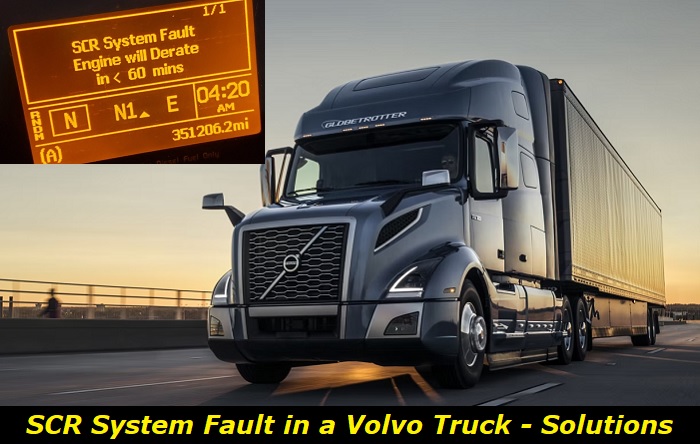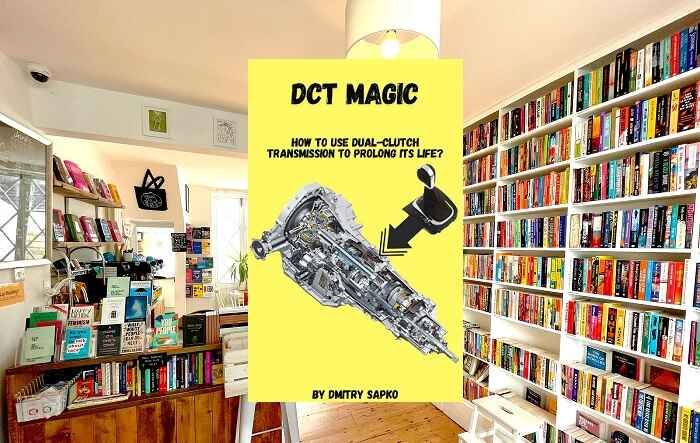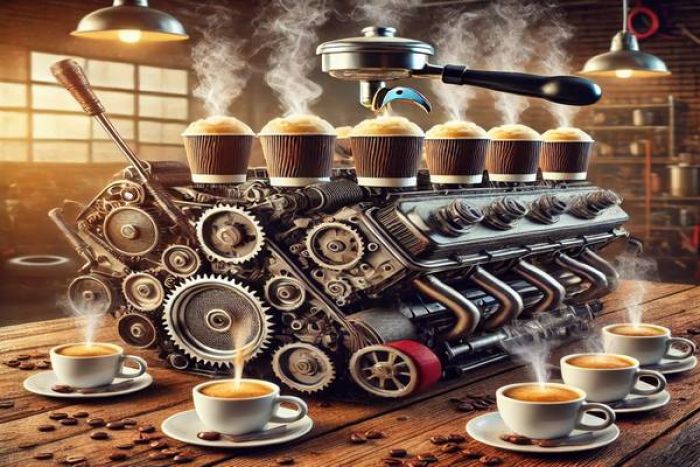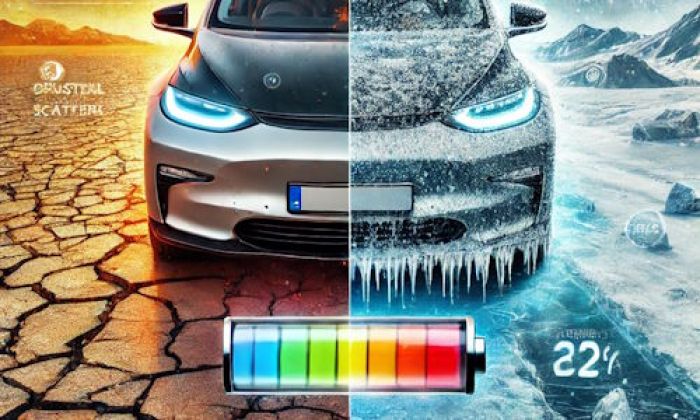The SCR (Selective Catalyst Reduction) system is an important component of Volvo trucks. Simply put, the system helps in the reduction of the emissions of vehicles to ensure their compliance with environmental laws as well as make sure that they are doing their share in curbing air pollution.
SCR system fault message highlights
- Common reasons:aftertreatment system problems, blown fuses
- How to fix:read the codes, check the connections in aftertreatment control module
- Possible consequences:derated engine, issues with emission control
- Priority level:High
- Can you drive?Carefully
- DIY repair:Impossible
- Repair price range:$150-$1,000

How the SCR System Works in Volvo Vehicles
The SCR system is an emissions control technology found in Volvo vehicles. It works by injecting a liquid nitrogen-based substance, known as diesel exhaust fluid (DEF), into the exhaust stream of a diesel engine. This reacts with the nitrogen oxides present in the exhaust and reduces the amount of harmful pollutants released into the atmosphere.
The primary function of SCR systems is to reduce the emission of harmful pollutants such as nitrogen oxide (NOx). Doing so not only improves air quality but also helps prevent environmental damage caused by NOx buildup in the atmosphere. Additionally, SCR systems can help improve fuel economy since they reduce engine friction and boost power output from combustion engines.
There are several advantages that come with the use of SCR systems in Volvo vehicles. To start, they significantly reduce emissions of harmful pollutants like NOx, which helps improve air quality and protect the environment. Additionally, they can help improve fuel economy by reducing engine friction and increasing power output from combustion engines.
Further, it assists in meeting environmental regulations regarding emissions standards, ensuring that Volvo cars meet all necessary compliance requirements. Finally, SCR systems can also reduce maintenance costs as they require less frequent servicing than other emission control technologies.
SCR systems also offer enhanced safety features for passengers due to their ability to detect unburned fuel particles in the exhaust stream and alert drivers of potential danger before any damage is done. This ultimately helps reduce the risk of accidents and provides a safer driving experience. Additionally, SCR systems are relatively easy to install and maintain, which helps reduce costs associated with their installation and regular servicing.
Most Common Causes of the Volvo "SCR System Fault" and How to Fix Them
The "SCR System Fault" warning on the dashboard of Volvo vehicles is something that should not be taken too lightly or ignored. It is usually coupled by a derated engine performance right off the bat. That means the power of the engine is reduced greatly, which almost forces your vehicle to go on a crawl, as a safety precaution to save the vital components of its SCR and/or exhaust system.
With this in mind, you should be able to recognize the problem through its most common causes as well as apply the necessary solutions for them immediately. Normally, these are the things that you should immediately check when diagnosing this kind of problem:
1. Insufficient DEF Fluid
The most frequent cause of the "SCR System Fault" in Volvo diesel vehicles has to do with insufficient DEF fluid. This may happen due to neglect on the part of the user or leaks in the system. It is important to assess the symptoms of insufficient DEF fluid before any further action is taken. In addition to the specific warning on the dash, it may also manifest itself via a "Check Engine" light, poor fuel economy, or reduced performance.
To manually check the level of DEF fluid, open up the hood and look for a blue or black reservoir near the firewall on the driver's side. Check its level against the maximum fill line. If it is low, refill with an approved DEF fluid from Volvo.
As a reminder, always follow all the instructions provided by Volvo in your vehicle's manual when checking and refilling the DEF fluid in order to avoid any potential damage or safety issues. Keep any spilled fluid off the skin and clothing when refilling and inspect for signs of leakage after topping up the reservoir.
For an easier way of diagnosing potential leaks, you may use a scan tool. If the result shows a system fault, it is important to conduct a more thorough investigation. Visual checks for signs of leakage around pipes, connections, and other parts of the SCR should be done. Special tools may be required for a more detailed inspection and repair if necessary such as a pressure gauge for a leak test.
DEF fluid leaks tend to occur in the DEF tank, pump, injector, and lines. The most common cause of DEF fluid leaks is corrosion in the system due to prolonged exposure to high temperatures or other environmental elements. It is important to inspect and replace any damaged parts as soon as possible before further damage can occur.
It is also important to note that DEF fluid should not be mixed with any other type of fluid because it can cause engine damage or malfunction. Always use an approved DEF fluid from Volvo when refilling the reservoir and closely follow all instructions for proper handling and storage of the fluid. Proper maintenance of the SCR including regular inspection and topping up of DEF fluid will help ensure optimal performance from your diesel vehicle.
2. Contaminated DEF Fluid
DEF fluid contamination is another common culprit activating the "SCR System Fault" in Volvo vehicles. In most cases, it is due to water getting into the system or dirt deposits accumulating there.
The symptoms of DEF fluid contamination are usually a lack of power, the engine management system not recognizing the fluid, or an overall decrease in performance. If left unchecked, it can result in expensive repairs and other costly damages.
Fortunately, there are ways to clear contaminants from your vehicle's SCR system. Flushing is one of the most effective methods. This process involves briefly running clean DEF fluid through the lines to flush out any build-up. Additionally, you can use detergents and other cleaning agents designed for this purpose.
Do not discount the possibility of leaks in the system, too, that may be serving as entry points for moisture and other contaminants in the SCR components. These can be easily fixed by replacing worn FED fluid lines, seals, rings, gaskets, and/or damaged components where they are coming from.
3. SCR System Parts Failure
The SCR system is operated by different parts. Some tend to wear out or get damaged faster than others. So, when diagnosing the possible source of the "SCR System Fault" in Volvo vehicles, it's always good to start on the said parts. The most common components that can fail are the following:
a. Diesel Particulate Filter (DPF)
The DPF is a filter installed in the exhaust system of diesel-powered vehicles to reduce emissions. Failure to maintain this component regularly can lead to blockages, which causes improper operation and increased risk of SCR system fault. To fix this issue, the filter should be thoroughly cleaned or replaced.
b. Diesel Oxidation Catalyst (DOC)
The DOC is a catalyst installed in the exhaust system of diesel-powered vehicles to reduce emissions. It can become clogged with soot and other particulates over time, which restricts exhaust gas flow and causes the "SCR System Fault". To resolve this issue, the part should be thoroughly cleaned or replaced.
c. Exhaust Gas Temperature (EGT) Sensor
The EGT sensor measures the exhaust gas temperature and is used to ensure that enough DEF is injected into the system. If it fails, it can cause an inaccurate reading of the exhaust gas temperature and lead to the "SCR System Fault". Replacing the sensor typically solves the problem.
These are just some of the most common parts that can cause an "SCR System Fault" in Volvo vehicles. Other components outside of the SCR system may also contribute to this, such as the air intake system, fuel injectors, and fuel pump. Ensuring these are properly maintained can help to avoid this issue. Additionally, adhering to recommended service intervals for the SCR system is important to prevent any problems from arising further.
3. Faulty ECU
Generally, a faulty Engine Control Unit (ECU) can trigger all sorts of false alarms within the system of your vehicle. Have your ECU, also known as the main computer of your vehicle, inspected if you are positive that your SCR system is working well and you can't seem to find the other sources of the issue.
Glitches in the ECU can be commonly fixed via reflashing. However, if its hardware itself is compromised, you may have to replace it or any of the modules causing trouble in its system.
4. Overheating
Lastly, overheating can be a major catalyst for all the troubles within the SCR system and other parts of the vehicle. Should you notice any signs of overheating in your auto, check it for possible coolant shortage or leaks, various lubrication issues, or malfunctioning parts causing its temperature to rise dramatically.
Conclusion
By utilizing SCR technology in its vehicles, particularly its trucks, Volvo is helping protect the environment and ensuring drivers have a safe and efficient journey by guaranteeing their unhampered performance.
?So, if you find yourself experiencing the dreaded "SCR System Fault" for some reason that normally forces a sluggish performance in your auto, be sure to address them accordingly using the guide provided here.
Should you have difficulty doing so or you suspect that there's more to the problem than what it appears to be, don't hesitate to bring your vehicle to your nearest Volvo service center or your trusted mechanic for a more thorough investigation of the issue and to avail of a more accurate solution for it.
About the authors
The CarAraC research team is composed of seasoned auto mechanics and automotive industry professionals, including individuals with advanced degrees and certifications in their field. Our team members boast prestigious credentials, reflecting their extensive knowledge and skills. These qualifications include: IMI: Institute of the Motor Industry, ASE-Certified Master Automobile Technicians; Coventry University, Graduate of MA in Automotive Journalism; Politecnico di Torino, Italy, MS Automotive Engineering; Ss. Cyril and Methodius University in Skopje, Mechanical University in Skopje; TOC Automotive College; DHA Suffa University, Department of Mechanical Engineering






Add comment